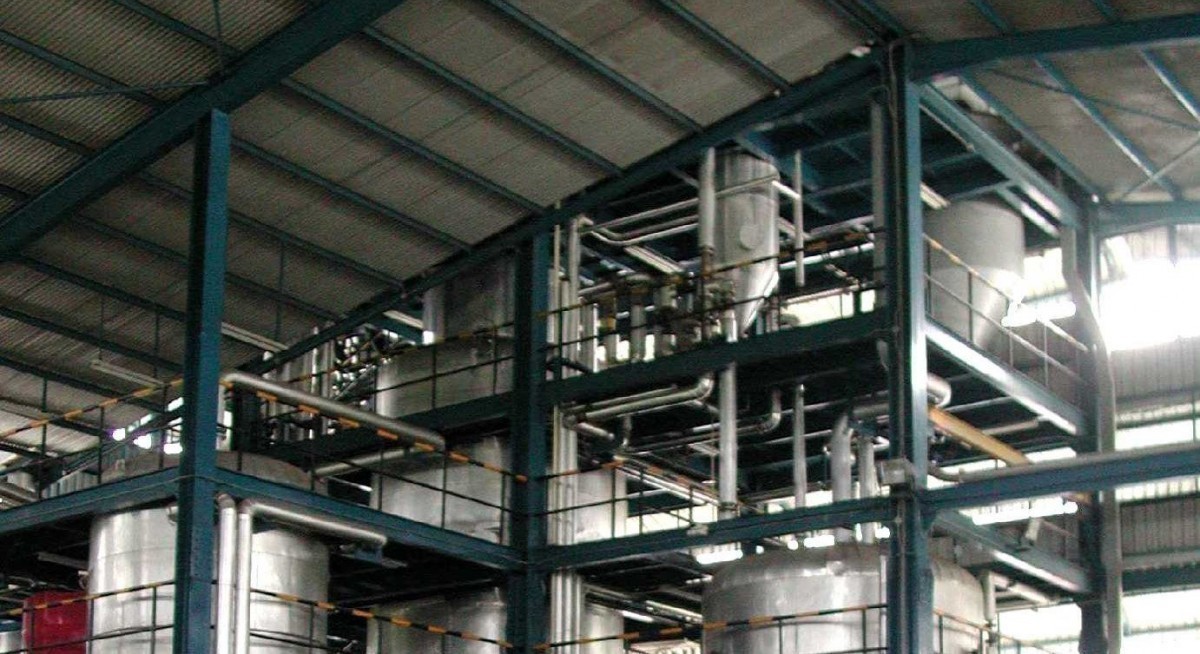Gross profit fell by 11.5% y-o-y to RM17.6 million, although gross profit margin rose to 37.1% from 29.5% in the year before, thanks to higher margins from the edible & non-edible oil refinery and product sales and trading segments.
9MFY2025 revenue fell by 11.8% y-o-y to RM148.3 million due to the same reasons, although gross profit for the period rose by 27% y-o-y to RM50.1 million. Gross profit margin for the nine months increased to 33.8% from 23.5% in the year before for the same reasons as the higher margins in 3QFY2025 as well.
As at Sept 30, cash and bank balances stood at RM92.8 million.
Looking ahead, Oiltek says it remains confident about the positive long-term outlook of the edible & non-edible oil refinery segment as “global consumption of fats and oils continues to steadily expand and grow, driven by rising demand across food, beverage and industrial applications”.
Citing a report by Future Market insights, Oiltek notes that the global fats and oils market is expected to be valued at US$337.1 billion ($439.1 billion) in 2025 and is expected to reach US$549 billion by 2035 at a compounded annual growth rate (CAGR) of 5%.
At the same time, the group’s renewable energy segment is tipped to benefit from sustainability trends with Indonesia and Malaysia looking to increase their biodiesel blends. Indonesia, the world’s biggest palm oil producer, currently mandates a 40% biodiesel blend and is preparing to make a 50% blending compulsory in 2026.
Malaysia, the world’s second largest palm oil producing country, currently has a requirement of 10% for the transportation sector and 7% for industrial use, while it continues to phase in its biodiesel programme. However, its 20% blending ratio programme remains limited to specific areas, although the government announced its intentions in May to increase the biodiesel blend to 20% for ground transport vehicles.
See also: Tiong Woon’s 1HFY2026 earnings up 13% y-o-y to $13.6 mil
Sustainable aviation fuel is also estimated to contribute to 65% of the emission reductions needed for the aviation industry to hit its net zero emissions target in 2050. In order to meet a global demand of 17 million metric tons by 2030, up to US$45 billion in investments is expected, according to a report by World Economic Forum and Kearney.
As at Sept 30, the group’s order book based on unfulfilled orders from signed contracts, confirmed variation orders and letters of awards obtained is at RM361.6 million. It is expected to be fulfilled over the next 18 to 24 months barring any unforeseen circumstances.
Shares in Oiltek closed 0.5 cents higher or 0.6% up at 83.5 cents on Nov 10.




